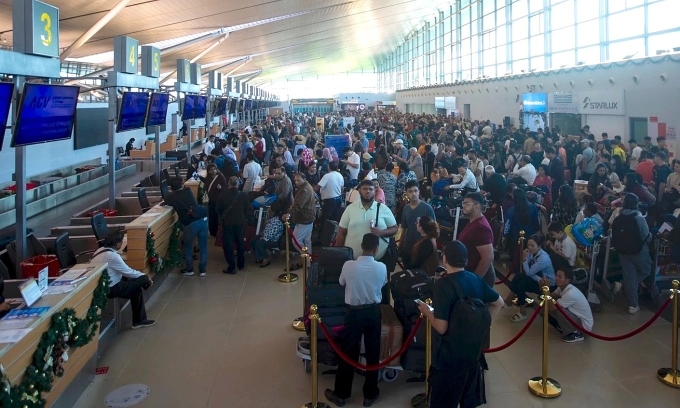
Sydney-based DJK Transport, a family-run business known for its reliable transport services both locally and interstate, has entered voluntary liquidation after 57 years of operation. The closure, effective as of August 8, was confirmed by an Australian Securities and Investments Commission (ASIC) notice, following the appointment of a restructuring practitioner in June.
All companies associated with DJK Transport, including A K G Trucking and Round Em Up Transport, have ceased operations. These entities shared the same director and shareholder, David Kean, and were registered at the same principal place of business in Austral, located in Sydney’s western suburbs.
The Legacy of DJK Transport
Founded in 1968, DJK Transport has been a cornerstone in the transport industry, providing essential services across major Australian cities such as Melbourne, Brisbane, and Adelaide. The company offered a range of shipping solutions, including trailers, tautliners, and flat top trucks with freight containers. According to the company’s website, DJK Transport was a “locally-owned and trusted transport service” that prided itself on delivering goods in perfect condition.
David Kean, who maintained his role as the original owner throughout the company’s history, has been at the helm of DJK Transport, guiding its operations and growth. Despite the business’s closure, Kean remains the sole director and shareholder of DJK Fleet Services, a mechanic business that continues to operate from the same location.
Industry Impact and Expert Insights
The liquidation of DJK Transport marks a significant moment in the Australian transport sector, reflecting broader challenges faced by family-run businesses in an increasingly competitive market. Industry experts suggest that rising operational costs, regulatory pressures, and the need for technological adaptation have contributed to the difficulties faced by small to medium-sized enterprises.
“Family businesses like DJK Transport are the backbone of the Australian economy, but they are often the most vulnerable to market shifts and economic pressures,” said transport industry analyst, Sarah Thompson.
Thompson further noted that the transport industry is undergoing rapid changes, with advancements in logistics technology and increased demand for sustainability measures. These factors require substantial investment, which can be challenging for smaller operators to manage without external support.
Historical Context and Future Outlook
The closure of DJK Transport is reminiscent of similar situations faced by other long-standing family businesses in Australia. Historically, such enterprises have thrived on personal connections and community trust, but the modern business landscape demands scalability and innovation.
According to a report by the Australian Small Business and Family Enterprise Ombudsman, family businesses contribute significantly to the national economy, yet they often lack the resources to compete with larger, more technologically advanced corporations.
“The transition from traditional operations to digital and sustainable practices is crucial for survival in today’s market,” the report emphasizes.
As DJK Transport concludes its operations, the focus shifts to the future of family-run businesses and the strategies they must adopt to remain viable. The need for innovation, coupled with strategic partnerships and investments, will be key to navigating the challenges ahead.
Meanwhile, the community and industry peers await further announcements from David Kean regarding the future of his remaining business interests and any potential restructuring plans.
The story of DJK Transport serves as a poignant reminder of the dynamic nature of the business world, where adaptability and foresight are essential for longevity and success.






